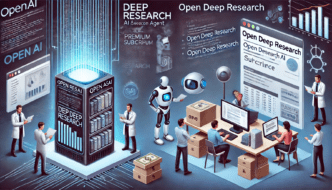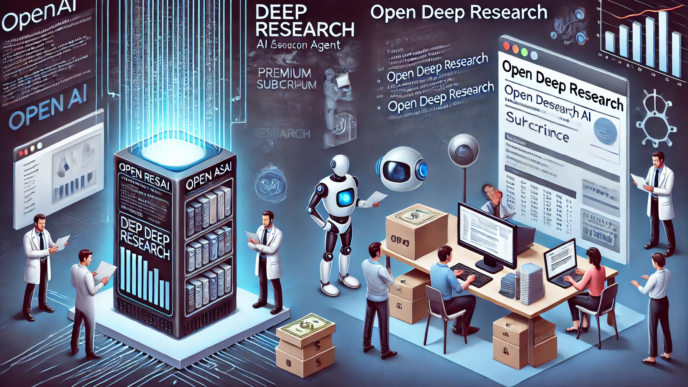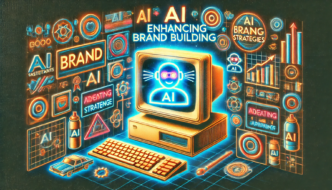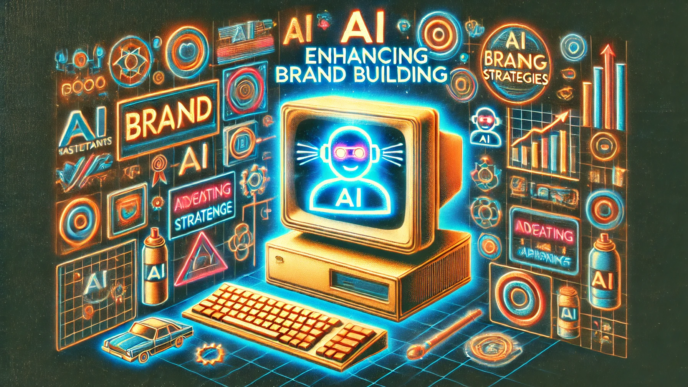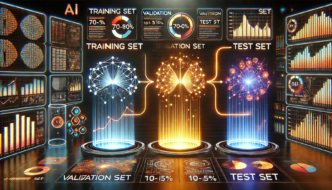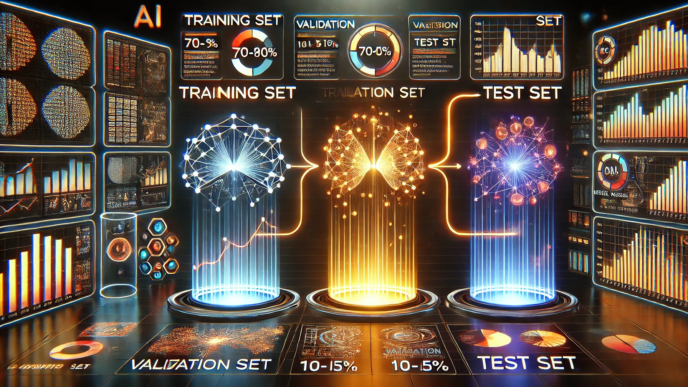15 Python Libraries Every AI Engineer Should Know in 2025
Feeling overwhelmed by how fast AI is moving? Don’t worry—you’re not alone! Let’s talk about 15 Python libraries that’ll give you a serious edge in building AI applications. These tools are essential for staying ahead in 2025.
What Does an AI Engineer Do?
AI engineers focus on integrating pre-trained models into real-world applications. Unlike data scientists who build models from scratch, AI engineers make AI work in practical, scalable ways. Cool, right?
Setting Up Your Project
1. Pydantic
Clean and validate messy data with Pydantic. It’s a lifesaver for keeping your systems stable.
python
from pydantic import BaseModel
class User(BaseModel):
name: str
age: int
email: str
user = User(name=”rose”, age=30, email=”[email protected]”)
print(user.dict())
2. Python-dotenv
Keep sensitive info like API keys secure by loading them from .env files.
python
from dotenv import load_dotenv
import os
load_dotenv()
api_key = os.getenv(“API_KEY”)
print(api_key)
Building the Backend
3. FastAPI
FastAPI is perfect for building fast, reliable APIs. It pairs beautifully with Pydantic for data validation.
python
from fastapi import FastAPI
from pydantic import BaseModel
app = FastAPI()
class Item(BaseModel):
name: str
price: float
@app.post(“/items/”)
async def create_item(item: Item):
return {“name”: item.name, “price”: item.price}
4. Celery
Handle heavy workloads with Celery’s task queues. It keeps your app running smoothly, even under pressure.
python
from celery import Celery
app = Celery(‘tasks’, broker=’redis://localhost:6379/0′)
@app.task
def add(x, y):
return x + y
Managing Data
5. PostgreSQL and MongoDB
Whether you need structured (PostgreSQL) or unstructured (MongoDB) data, libraries like psycopg2 and PyMongo are must-haves.
6. SQLAlchemy
Skip raw SQL and manage databases with SQLAlchemy. It’s cleaner and more Pythonic.
7. Alembic
Easily tweak your database schema with Alembic. No more messy SQL migrations!
Integrating AI Models
8. OpenAI, Anthropic, and Google APIs
These are the big players in AI. Master their APIs to unlock advanced features like function calling.
9. Instructor
Get structured, reliable outputs from AI models with Instructor. It’s a game-changer for data validation.
10. LangChain and LlamaIndex
Simplify working with large language models. These frameworks handle prompt management and embeddings effortlessly.
Storing and Searching Vectors
11. Pinecone, Weaviate, and PGVector
Store embeddings and perform similarity searches with these powerful tools. PGVector even integrates with PostgreSQL.
Monitoring Your AI Systems
12. LangFuse and LangSmith
Track your AI app’s performance with tools that log latency, cost, and outputs. Think of them as black boxes for debugging.
Specialized Tools
13. DSPy
Optimize prompts automatically with DSPy. It’s all about programming, not manual tweaking.
14. PyMuPDF and PyPDF2
Extract data from PDFs easily. For more advanced needs, check out Amazon Textract.
15. Jinja
Create dynamic prompts with Jinja. It’s simple but incredibly powerful for managing complex logic.
These 15 libraries are your toolkit for building scalable, efficient AI applications in 2025. Dive in, experiment, and see what you can create!





